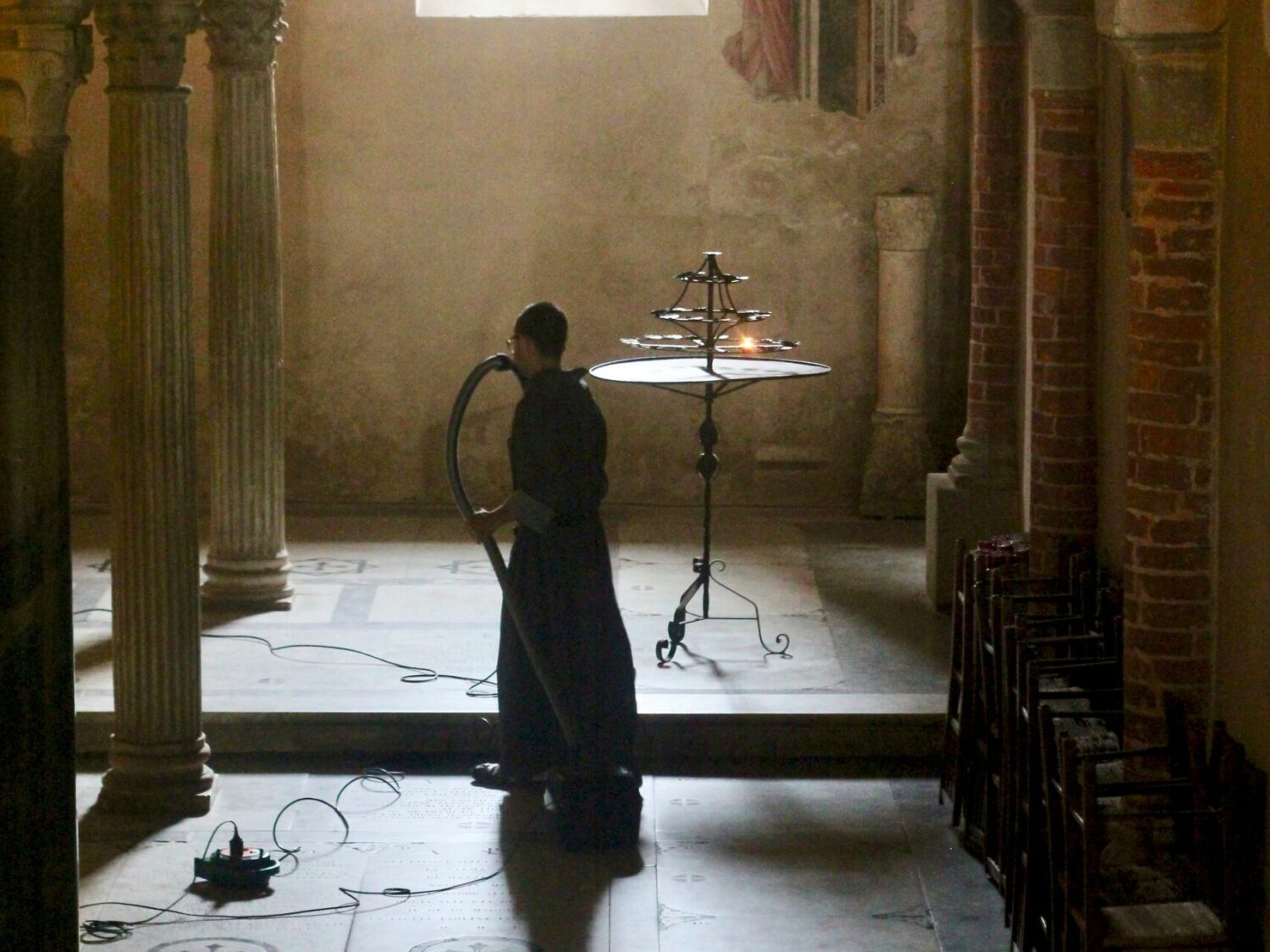Cultural deficit
Low pay plagues the arts. The government has the power to set things right, argues Lianna Etkind
My hope for the creative and cultural industries over the next five years? An end to low pay.
At the moment, 15 per cent of people employed in the sector work for less than the real living wage – that’s £12 per hour, or £13.15 in London. The real living wage (as opposed to the government’s ‘living wage’) is the only UK wage rate calculated according to the real costs of living. It’s a sad indictment of our sector when 15 per cent of people in the creative and cultural sector don’t have enough money to cover the bills and food: research commissioned by the Living Wage Foundation found that three out of five workers on low pay had had to visit a foodbank in the last year.
Who are these people? They are the visitor assistants that welcome the public to art and museum spaces and make them feel welcome. They are the catering workers that pour the drinks on opening night; the staff who serve fancy coffees at theatre and gallery cafes; and the runners who keep everything running smoothly on set. They are the administrative assistants keeping studios and offices running across the country. Very often, they are the cleaners. Whether in-house or outsourced, they are the people who make creative and cultural work possible.
A living wage in the creative and cultural sector
The good news is that more and more cultural and creative organisations are stepping up to pay the real living wage. More than 850 are now accredited living wage employers, from tiny arts charities to flagship arts organisations including Tate, the Royal Albert Hall and ITV. Increasingly, too, the sector is recognising that the real living wage, especially at entry level, is crucial to recruiting and retaining people from diverse socioeconomic backgrounds.
Arts funders also are putting their weight behind the living wage. There are now 84 living wage funders who commit to funding grant-funded posts at the real living wage, and enabling grantees to accredit as living wage employers. At a time when the finances of many arts and culture organisations are under unprecedented pressure, this makes a huge difference to shifting the dial on low pay in the arts.
Public money supporting living wage jobs
Labour’s introduction of the minimum wage in 1999 was a turning point for low-paid workers in the UK – as was the Conservatives’ creation of the National Living Wage 2016. The new government has the opportunity to go further still and embed the real living wage in government funding for arts and culture. Public money should be creating and supporting good jobs, not just jobs, with employers who pay the real living wage to their staff recognised and rewarded with contracts and grants. We know this is achievable: since 2023, through the Fair Work Standard, all employers in Scotland in receipt of public sector grants or contracts must pay all their workers the real living wage. One simple step towards this would be for Arts Council England (a living wage employer) to update their grant application guidance, adding real living wage rates alongside environmental and equality diversity and inclusion requirements.
Towards a fairer creative economy
It’s vital that the new government, together with regional mayors, works to support growth in the creative economy across all regions of the UK. However, without embedding the living wage in creative investment, there is a risk that growth in the creative economy will just entrench existing inequalities. As wonderful as it is to see new opportunities open up for games designers, music producers and sound engineers, we also need to see the creation of good jobs in catering, in cleaning, and in the front-of-house roles that our creative industries rely on. A creative economy that only benefits people with creative qualifications has failed. Does growth in the creative economy improve pay for ordinary people? Does it raise the wage floor? Or will the creative and cultural industry continue to be an industry that only those with a financial safety net can afford to enter? That is what we should judge success on. The new government has a historic opportunity to shift the pattern of low pay in the arts. It must seize it with both hands.

